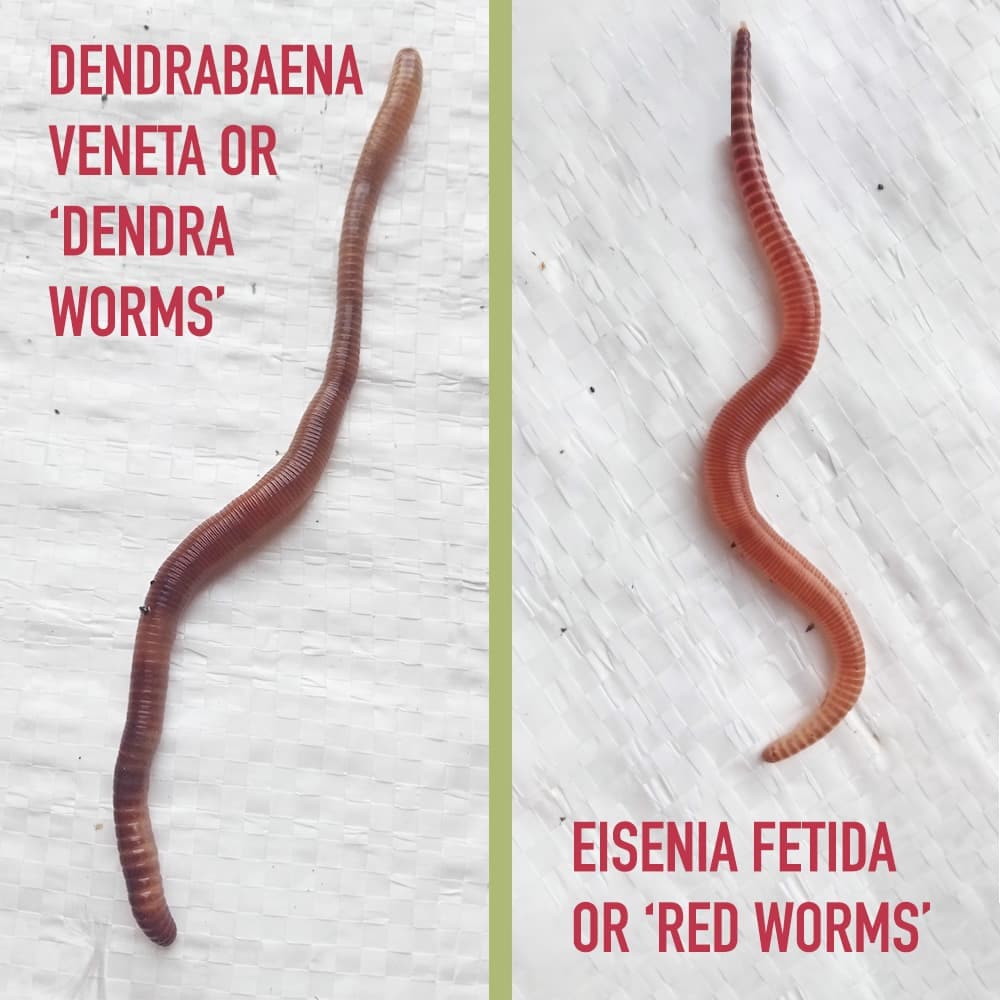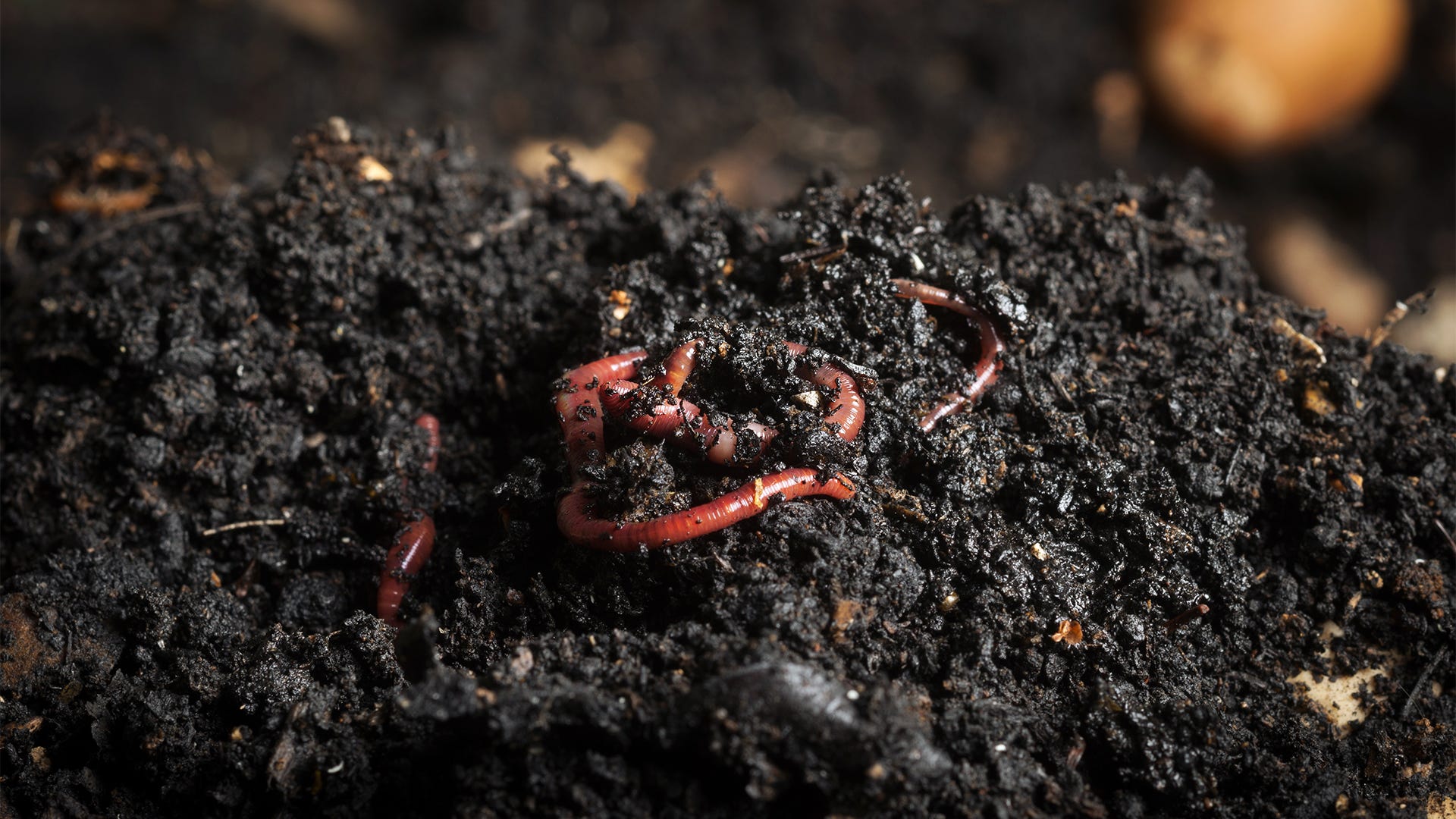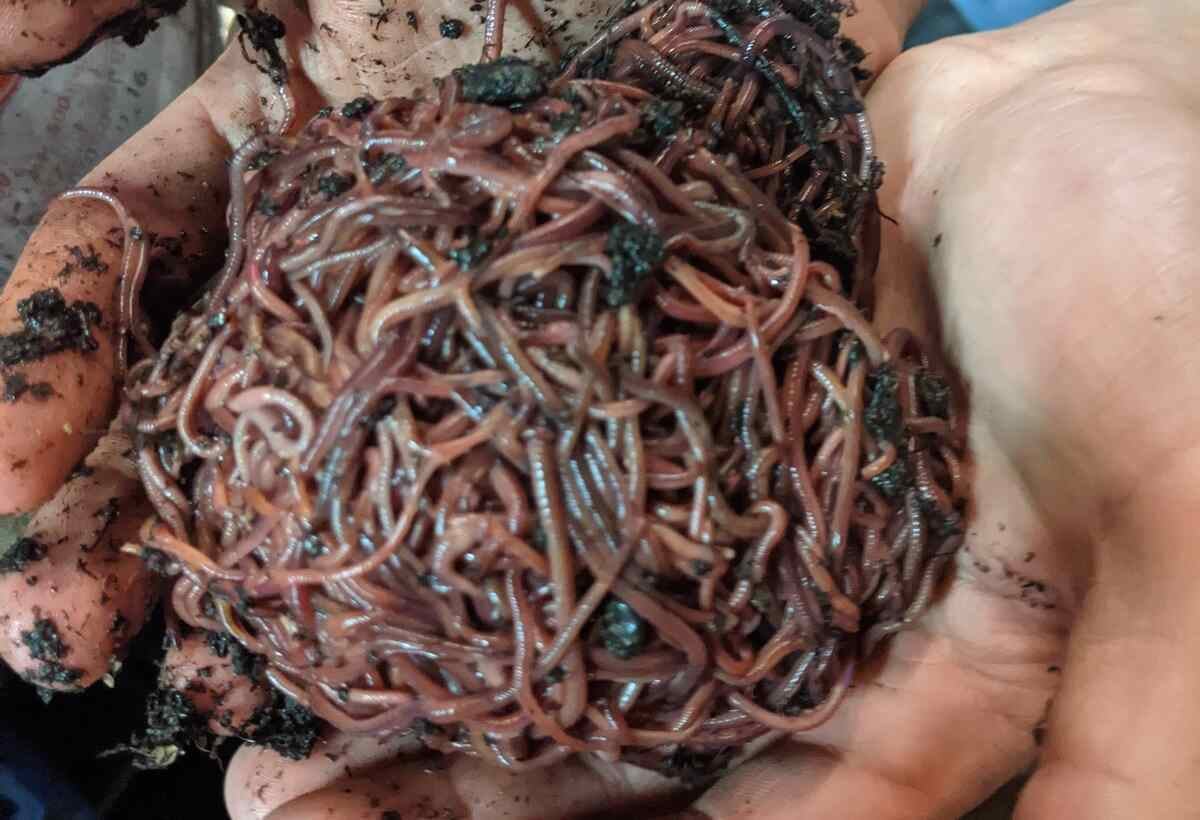Red Wiggler Express - The Facts
Red Wiggler Express - The Facts
Blog Article
Not known Incorrect Statements About Red Wiggler Express
Table of ContentsRed Wiggler Express Fundamentals ExplainedRed Wiggler Express Fundamentals ExplainedThe 25-Second Trick For Red Wiggler ExpressFacts About Red Wiggler Express RevealedRed Wiggler Express Fundamentals Explained
It's secure to state this stuff would have been terrific to include as a to vermicomposting systems! And the flourishing Red Worm populace? It just never ever occurred. Also in the stack that was set up directly before yard composters with existing Red Worm swarms. Yet these nutritionally-boosted timber chip environments are definitely filled with Lumbricus sp.
Many ranges, including Red Wigglers, European Nightcrawlers, and Lumbricus species were brought over from the European continent. But here's the thingNative or not - and as gifted as they are at being able to survive in a wide-range of settings and problems -. To put it simply, they are much more most likely to hang around in any type of energetic composting systems you have actually established, than they are to stroll off and start messing up the atmosphere.
Roots require oxygen for respiration and count on smooth air flow within the dirt to prosper. Nevertheless, when it rainfalls, dirt can come to be saturated with water, reducing the oxygen available and hindering nutrient absorption - Worm Farms Near Me. To preserve an optimal equilibrium, the dirt should allow water to drain sufficiently, leaving adequate area for air to sustain origin wellness
Some Of Red Wiggler Express

When it concerns worms for composting, what enters your mind? If you were an earthworm breeder, dealership, or ordinary gardener, after that you 'd know that red wiggler worms are the perfect worms for vermicomposting. To get more information about these planet marvels, gone through a few of the red worm truths listed below.
(https://globaldir.org/Red-Wiggler-Express_316514.html)If they stretch their bodies, you'll be able to see the red stripes on their skin. When elevating worms such as red wiggler worms, you must be able to know how to profit them. When you have the ability to keep and take care of their environment well, and additionally feed them the appropriate kinds of organic wastes, then they'll be able to produce nutrient-packed and quality-rich worm castings for you (likewise referred to as worm poop or compost).
The Only Guide for Red Wiggler Express
What do worms consume? Well, these red wriggler worms can be fed with kitchen area scraps and yard wastes. Any decaying natural things will do like vegetable and fruit peels, crushed egg coverings, utilized tea bags, coffee premises, lawn cuttings, completely dry leaves, and others. Make sure not to feed them foods items that are oily, citrusy, or has meat or dairy products in them.

This habits makes them appropriate permanently in worm bins, compost heap, and various other confined areas where organic waste is abundant. Producing an optimum setting for red wigglers calls for a thoughtful approach. Take into consideration the following crucial aspects to take care of red wigglers in the house and guarantee their wellness: Utilize a bed linen of shredded paper or cardboard.

Red wiggler worms replicate by laying tiny, lemon-shaped eggs in protective cocoons. These cocoons are usually deposited in the bed linens and hatch right into child worms within a couple of weeks.
4 Easy Facts About Red Wiggler Express Described
Their flexibility and durability have made them a preferred option for vermicomposting in various areas all over the world. Yes! They can survive from a series of 32F to 90F. They are very adaptable pests. Think about protective measures for really severe temperature levels such as: Protecting the worm container with layers of straw or leaves.

Simply keep in mind - you can always include more food later (yet it's hard to eliminate feed once it's been added to a container!).
Due to the fact that I fed the red wigglers and garden compost worms as well much, they weren't able to maintain and gradually the older food went uneaten and produced anaerobic problems that eliminated the worms. Fortunately is that there are very simple activities you can take to ensure this does not occur! Here're the 6 gold regulations for exactly how often and just how much to feed your worms: Rule # 1: Small amounts! You can always add even more food later.
See This Report on Red Wiggler Express
Leftover food will certainly bring about anaerobic conditions that will eliminate your real-time worms. It is okay to spray a little of their original bed linens (which must already remain in the bin) over the food, yet the food must never be buried and should show up to your eye. Guideline # 5: See policy # 1! Rule # 6: After the very first feeding, feed the worms 1/3 to 1/2 of their weight.
Report this page